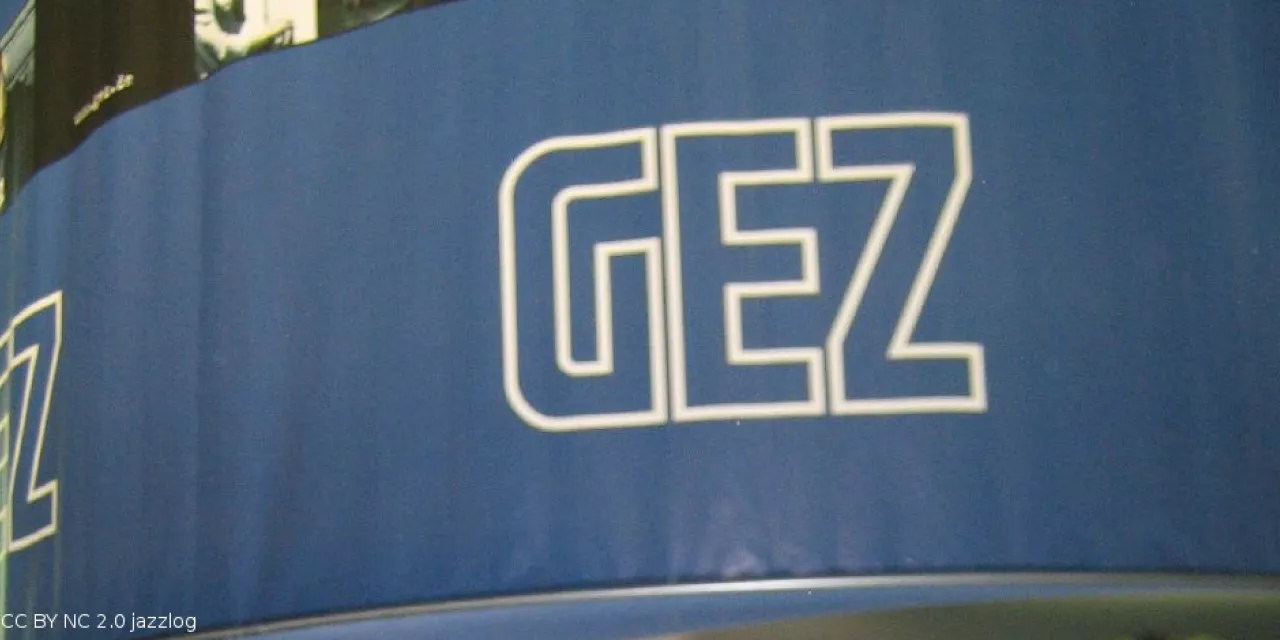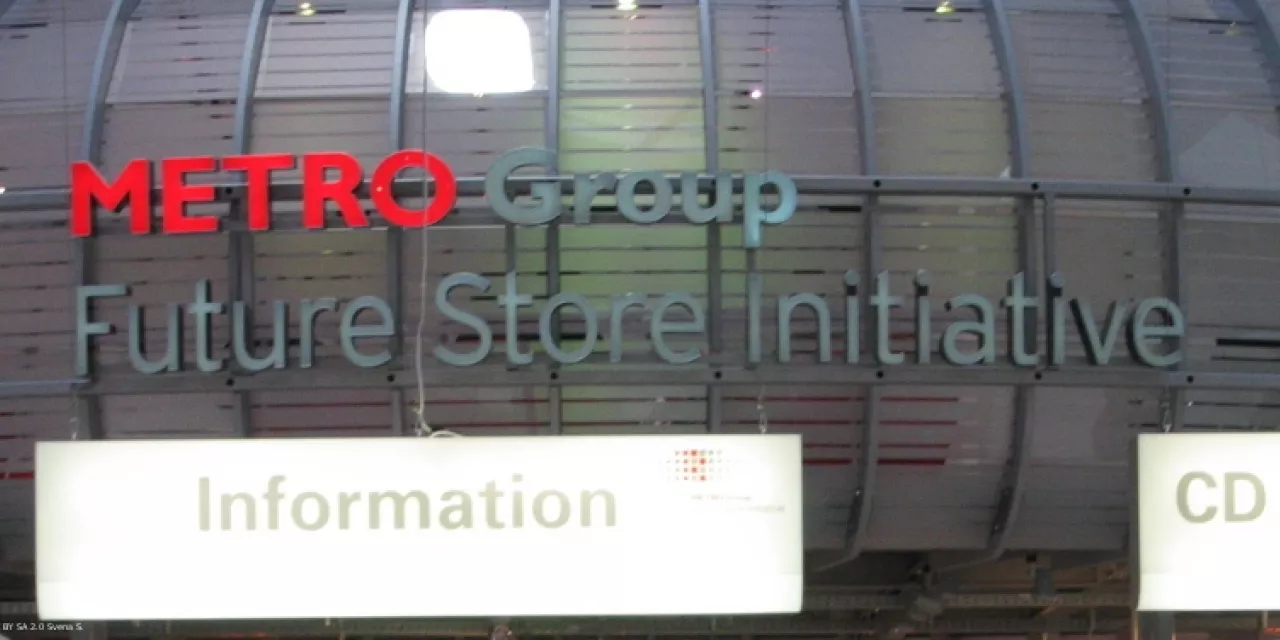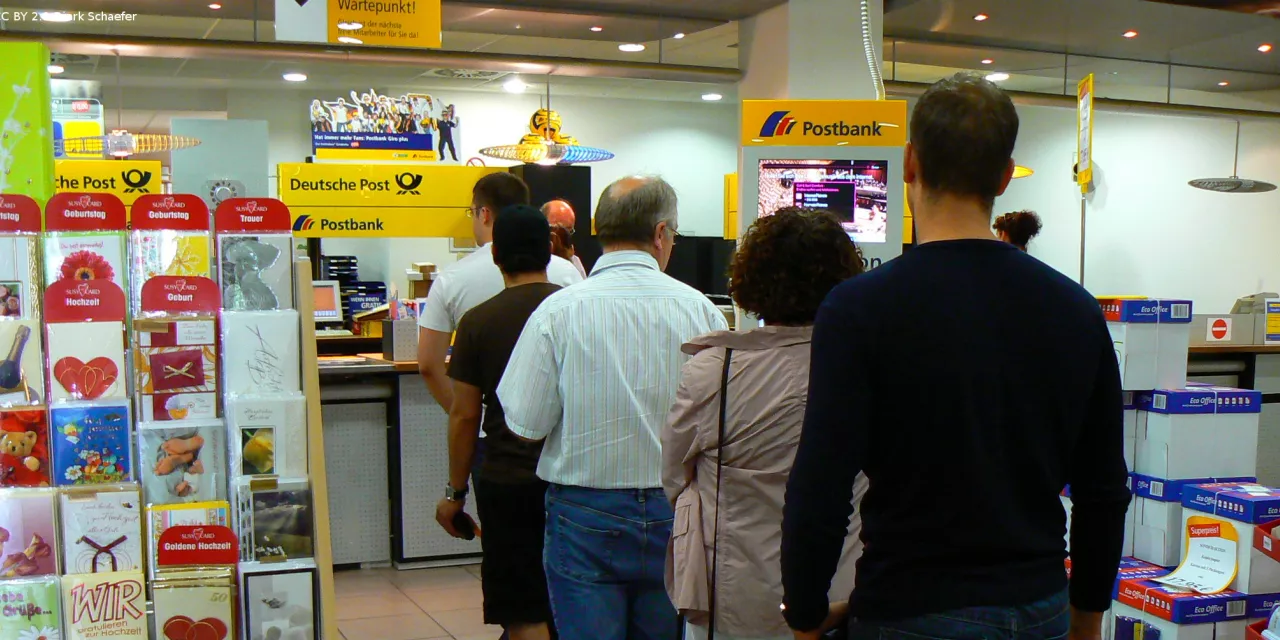Without regard for the right of informational self-determination and the right to be left in peace, for years the GEZ ("fee withdrawal centre") has been regularly and systematically procuring data from registration authorities, public services, address traders and highly questionable other sources, in order to find people who don't pay the licence fee, even if these people aren't in any way interested in using a radio or TV. The GEZ (and fee collectors working directly for the broadcasters) collect excessive data, intrude upon people, burst into homes and under false pretences force people to disclose personal data.
Since 1976 the GEZ are collecting the licence fee from radio and TV owners on behalf of the public broadcasting networks ARD and ZDF. Declaring that it is acting only as an instrument of the broadcasters, the GEZ denies and dodges any legal responsibility. For the citizens concerned the whole practice is absolutely inscrutable.
The GEZ avoid independent data protection control through a trick: They wrongly claim a privilege of the media for themselves, the constitutional right of press freedom. As a consequence, they are not under supervision from public data protection authorities but from the broadcasters' own data protection executives, whose actions are beyond public scrutiny and who are not independent of their networks - an independence regarded as vitally important in the European data protection act.
Practically all of the data collection activity undertaken by the GEZ is based on the false and degrading assumption that all those people in Germany that do not pay the licence fee are actually licence dodgers. In a revision of the Registration Act the GEZ convinced law-makers to give them access to the data of almost all German registration authorities for eight core items, no matter if people who register with the authorities have also correctly registered with the GEZ or if they simply do not own any radio or TV sets. With this kind of data hoarding, a central national registration index is effectively being established at the GEZ. From the beginning this practice has met with constant protests from public data protection authorities, who pointed out that such an index violated the constitutional principle of proportionality. The central computer of the GEZ is already holding accounts for more than 37 million licence fee payers.
When it comes to ferreting out unregistered radio or TV sets, the GEZ prove highly creative. They have been known to ask local car registration authorities to find out which car dealers have temporarily registered cars under their own name on behalf of a customer. The aim is to collect licence fees for the car radios from those dealers - despite the fact, known to the GEZ, that this kind of data acquisition is illegal. Or at times fee collectors attempt to get at lists of second home tax payers from local registration authorities in tourist resorts; again willfully ignoring that the secrecy of tax data is legally protected.
Another form of data acquisition by the GEZ is using private address traders. This leads to children (to whom no fee applies even if they do own a set) being called upon to have their radios and TVs registered. Or, due to some mismatch, registered and dutifully paying TV or radio owners can receive menacing letters, demanding to register their sets. This form of data acquisition is illegal under applicable data protection laws. On the one hand the GEZ collect data, by force if necessary, like a public authority. But if this is not enough to satisfy the GEZ's greed, it acts as if it were a private company that is free to additionally help itself to data on the open market.
There is a similar story when the focus moves from finding fee dodgers to collecting the fee itself. If this is not achieved by means of governmental enforcement, the GEZ again believe they can act like any commercial body. Thus, since the 80s they have taken to chasing debtors by transmitting their data to private debt collecting agencies, which then try to extract owed fees in their own ways.
On the other hand the GEZ behave like a policing authority in their communications with presumed fee dodgers. In letters to people registered as having no set at all or (for a reduced fee) just a radio set, the GEZ try to give the impression that there is an obligation to give account repeatedly about the existence of any further receiving equipment. With every form letter from the GEZ the tone gets rougher. Recipients are systematically - and illegally - left under the impression that they have to respond to these letters in any event and at their own cost.
There are recurring reports of actual assaults by the so-called network representatives. Sometimes they obtain access to homes under false pretences, by acting in a police-like way or simply by threat, in order to check for non-registered radios or TVs.
Those who apply for an exemption from the licence fee on economic grounds, like pensioners, students or unemployed people, will be pushed - mostly through intervention by the social welfare offices - to giving information that in some respects is going far beyond the information required to apply for welfare money. Contrary to the actual wording of the exemption regulations, people are asked to give account of their telephone and mobile phone bills, heating and electricity costs, of cable and internet connection fees, even their expenses for a car. All these have to be proved by receipts. And all this is demanded for a relief of just 17 Euros per month.
It is almost impossible to cancel registration of a radio or TV with the GEZ. Instead of a confirmation former fee payers are sent a letter in which they are urged - again without any legal foundation - to give reasons for getting rid of their set and to name the third party who has taken over the equipment, stating their date of birth and their GEZ registration number. These third parties are never asked for permission. And after correctly cancelling their registration, people keep being included in further mailing campaigns, their data is obviously not getting deleted.
The whole expensive effort of a partially illegal fee and data collection system could be avoided if the obligation to pay was no longer attached to the possession of a radio or a TV set, simply by raising a uniform fee from every adult person. With current technological developments, it is hardly possible any more to differentiate between conventional receiving equipment and other multifunctional communication devices such as Internet PCs, UMTS mobile phones, etc. The chairman of the media commission of the Christian Democrat party (CDU) is quoted as saying that the fee could be reduced by half if the enormous data processing and administration costs of the GEZ were eliminated. If the GEZ assume that every household these days has a radio and a TV anyway, it could just as well take the consequence and charge everyone the same amount, without infringing data protection. But no such development has ever been on the cards until today.
The GEZ remain active in their lifetime quest of harassing the people of Germany, ignoring the illegality of their practices of data accumulation as well as the right to informational self-determination. Even if all this detecting and data processing should not prove profitable for the GEZ, in any case it does deserve our lifetime award.
Congratulations, GEZ.
Laudator.in












